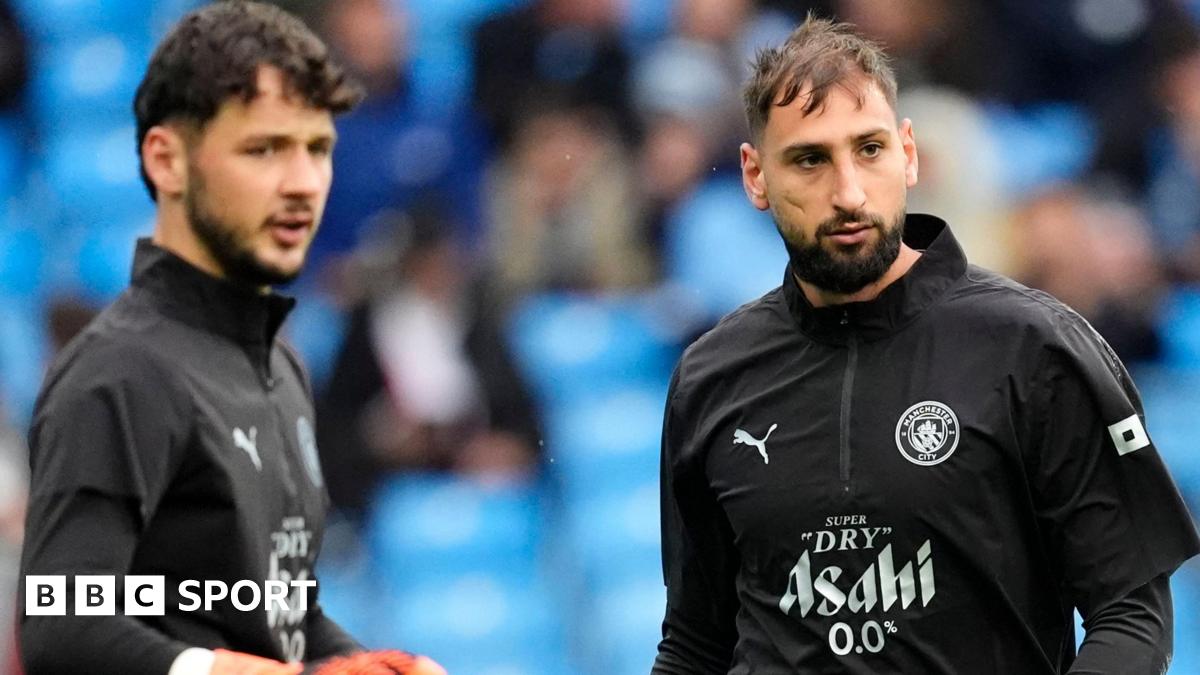 Jonah FisherEnvironment correspondent
Jonah FisherEnvironment correspondent Getty Images
Getty ImagesDocuments and data shared with News from inside England’s much criticised environment watchdog show an agency struggling to monitor incidents of serious pollution.
The information shows the Environment Agency (EA) only sent investigators to a small fraction of reported incidents last year and often relied on water companies – who may be responsible for the pollution – for updates.
An internal EA document from this year states that all potentially serious incidents should be attended by staff.
But in 2024, the EA didn’t go to almost a third of nearly 100 water industry incidents that were eventually ruled to have posed a serious threat to nature or human health.
The agency also downgraded the environmental impact of more than 1,000 incidents that it initially decided were potentially serious without sending anyone to take a look.
The EA says it does “respond” to all incidents but has ways to assess pollution that don’t involve going in person. It says when reports come in it is “careful not to underestimate the seriousness of an incident report”.
But the EA insider who provided the with the data was critical of the agency. “What not attending means is that you are you are basically only dealing with water company evidence. And it’s very rare that their own evidence is very damning,” the insider said.
Among the incident reports shared with the were an occasion when a chemical spilled into a reservoir killing all its fish and which the EA did not attend. Another time, sewage bubbled up into a garden for more than 24 hours with no deployment from the EA.
The is not printing specific details from the reports to protect the identity of the whistleblower. But they show an agency often slow to respond and frequently copying water company updates into EA documents verbatim before downgrading incidents.
Other documents show pollution incidents that were reported to the EA by water companies hours after the problem had already been solved, making the impact much harder to assess as the evidence may have washed away.
The data show that overall the agency went to just 13% of all the pollution incidents, serious and more limited, that were reported to it in 2024.
 Jonah Fisher/
Jonah Fisher/“It’s virtually impossible to get them to come out,” Ashley Smith a veteran water quality campaigner from the Oxfordshire based campaign group Windrush Against Sewage Pollution (WASP) told the .
“(When you call the EA) they go through a scenario where they’ll say ‘are there any dead fish’. And, typically there are not dead fish because often the fish are able to escape.
“The EA then says – we’ll report that to Thames Water – and it will be Thames Water if anyone who gets in touch with you.”
 Jonah Fisher/
Jonah Fisher/Matt Staniek is a water quality campaigner in the Lake District and cited several incidents where he says the EA took explanations from the local water company about sewage spills at face value, which later through his own data requests were proved wrong.
“The Environment Agency has not been holding United Utilities accountable,” he says. “And the only way that we get them to properly turn up to pollution incidents and now actually try and do a proper investigation is by going to the media with it, and that should not be the case.”
A United Utilities spokesperson responded saying “we are industry leading at self-reporting incidents to the Environment Agency”.
As part of the government’s landmark review of water industry regulation it has promised to end “self reporting” of incidents by water companies.
There is widespread agreement that the current system is not working and plans are being drawn up to merge the regulators – including the EA – which oversee different parts of the water industry – into just one.
“The Environment Agency is so hollowed out that it cannot investigate pollution crimes, effectively telling polluters they can act with impunity,” James Wallace, the chief executive of campaign group River Action, told the .
In July the revealed that staff shortages had led to the EA cancelling thousands of water quality tests at its main laboratory in Devon.
“We respond to every water pollution incident report we receive,” an Environment Agency spokesperson said.
“To make sure we protect people and the environment, we are careful not to underestimate the seriousness of an incident report when it comes in. Final incident categorisations may change when further information comes to light. This is all part of our standard working practice.”




